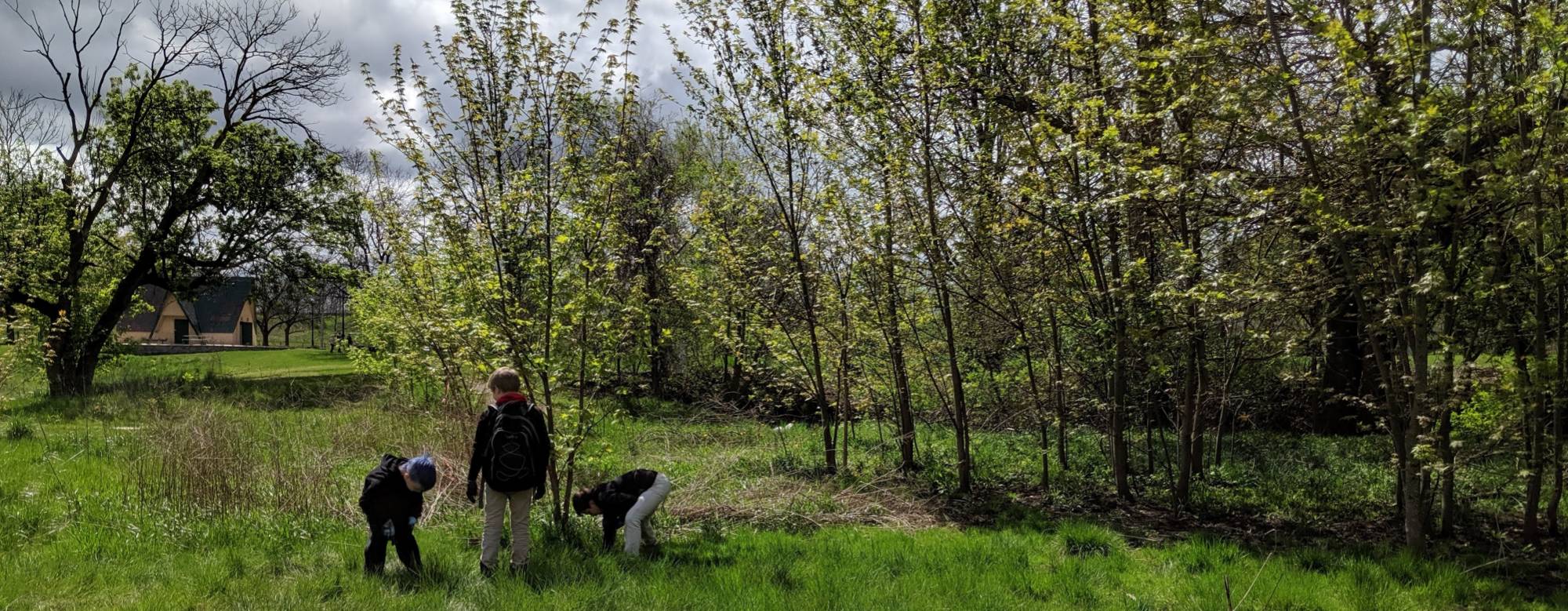Creating Meaningful Outdoor Experiences

This common unit is intended to provide students with a Meaningful Watershed Educational Experience (MWEE) centered on the Great Lakes Watershed. By the end of the unit, students will implement a stewardship project within their community and will have a better understanding of their role in the Great Lakes Ecosystem.
These units guide students through the four stages of a Meaningful Watershed Educational Experience. The sequence of a MWEE, outlined by the NOAA Bay Watershed Education and Training (B-WET) Program, is:
- Issue definition and background research
- Outdoor field activities
- Stewardship action projects
- Synthesis and conclusions
Lessons were designed for students in fifth grade through high school. This unit addresses Michigan K-12 Science Standards, developed from the Next Generation Science Standards (NGSS), and Michigan K-12 Social Studies Standards. Place-based examples of these standards will be supplemented with Great Lakes Literacy Principles and with an emphasis on the four major focus areas of the Great Lakes Restoration Initiative (GLRI) Action Plan:
- Cleaning up Great Lakes Areas of Concern
- Preventing and controlling invasive species
- Reducing nutrient runoff that contributes to harmful/nuisance algal blooms
- Restoring habitat to protect native species
This unit was created in partnership with the Grand Rapids Public Museum. It was made possible through a grant from the National Oceanic and Atmospheric Administration Bay Watershed Education and Training (B-WET) program.
